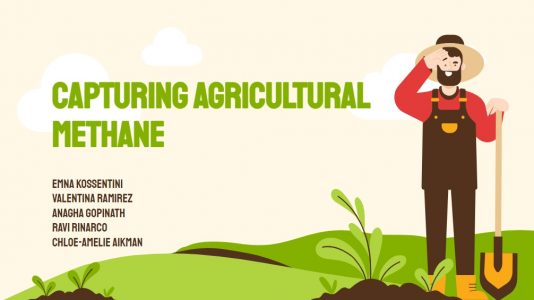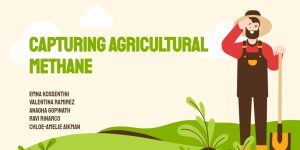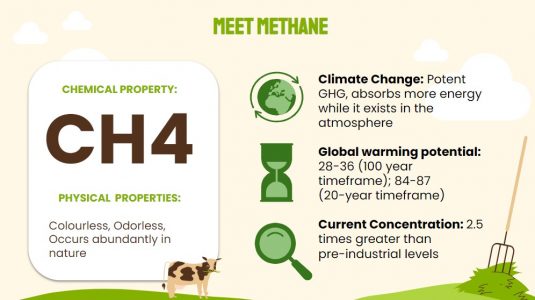Taking the course on the Economics and Policy of the Environment, Energy, and Natural Resources has been an enlightening and enriching experience. Throughout the course, we delved deep into the complex relationship between economics and sustainability, and explored various approaches and concepts that shed light on environmental challenges and potential solutions. Reflecting on both the course and our group project, I have gained a deeper understanding of the intricacies involved in addressing environmental problems and the role of economic analysis in formulating effective policies.
The course successfully provided a comprehensive overview of key topics, starting with the environmental challenges our planet faces. We examined the science, economics, and policy of climate change, which expanded my knowledge of the causes and consequences of global warming. Additionally, the course delved into the impact of pollution and pollution control, highlighting the importance of balancing economic activities with environmental protection.
One of the most valuable aspects of the course was the exploration of different policy instruments for addressing environmental issues. We learned about market-based and regulatory environmental policies, and the ability to analyze and choose among these instruments effectively. This knowledge will undoubtedly be beneficial in future endeavors involving environmental policy analysis.

The group project on agricultural methane technology and biogas production was a practical application of the concepts we learned in the course. By examining the impact of a subsidy policy in India, we analyzed the potential of biogas technology as a methane mitigation strategy. Through our research, we discovered that biogas production has experienced steady growth globally and holds significant promise for both individual and industrial applications. The paper and presentation allowed us to delve into real-world examples and consider the implications for various stakeholders.
Engaging in group work and presenting our findings to the class was a valuable experience. It provided an opportunity to investigate specific economic questions related to environmental outcomes and resource management practices, while also considering the broader context of public policy, environmental law, and technological innovation. Collaborating with peers and engaging in discussions allowed us to develop critical thinking skills and gain insights from diverse perspectives.
Moreover, the course emphasized the importance of rigorous research methodologies and effective communication in the field of environmental economics. By examining research papers and learning from 'best practice' examples, we gained an appreciation for the standards and techniques employed in major economics journals. These skills will undoubtedly be useful as we progress to independent research in the future.
Overall, the course has broadened my understanding of the intricate relationship between economics and sustainability. It has equipped me with the knowledge and tools to analyze environmental problems, assess policy options, and engage in informed discussions about environmental policy. I feel more confident in my ability to contribute to the field and make a positive impact on environmental issues.
Moving forward, I will carry the lessons learned from this course with me and continue to explore the economics and policy of the environment, energy, and natural resources. I am inspired to further research and contribute to the development and implementation of sustainable practices that can help address the environmental challenges facing our planet.
Please use the following links to access:


This is one of my most favorite courses. It equipped me with valuable insights into environmental challenges, policy options, and the role of economic analysis in addressing them. Through engaging in a group project on agricultural methane technology and biogas production, I gained practical experience in applying economic principles to propose sustainable solutions. This course has not only deepened my knowledge but also inspired me to actively contribute to a greener future by leveraging economic analysis and advocating for environmentally responsible practices.